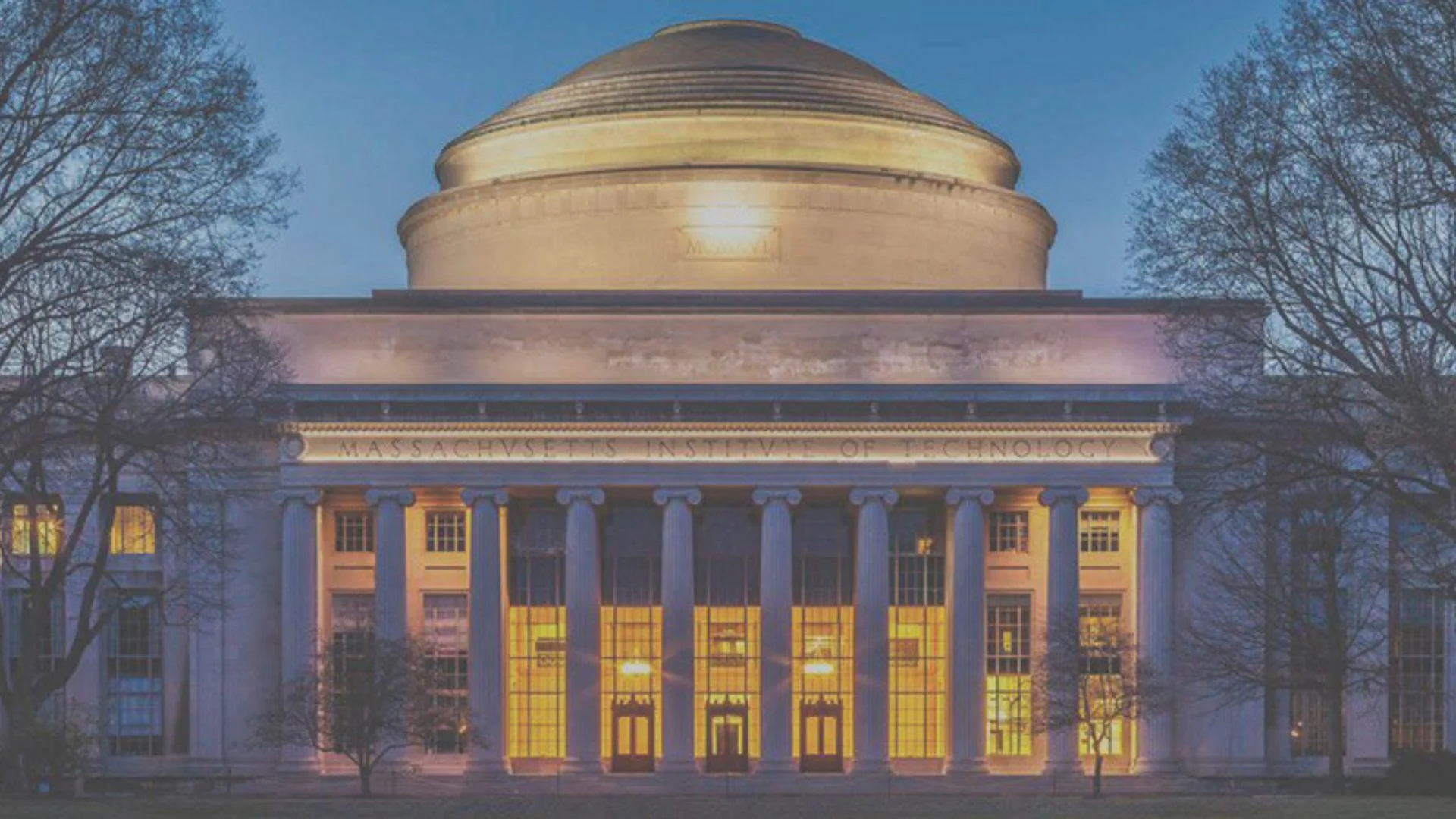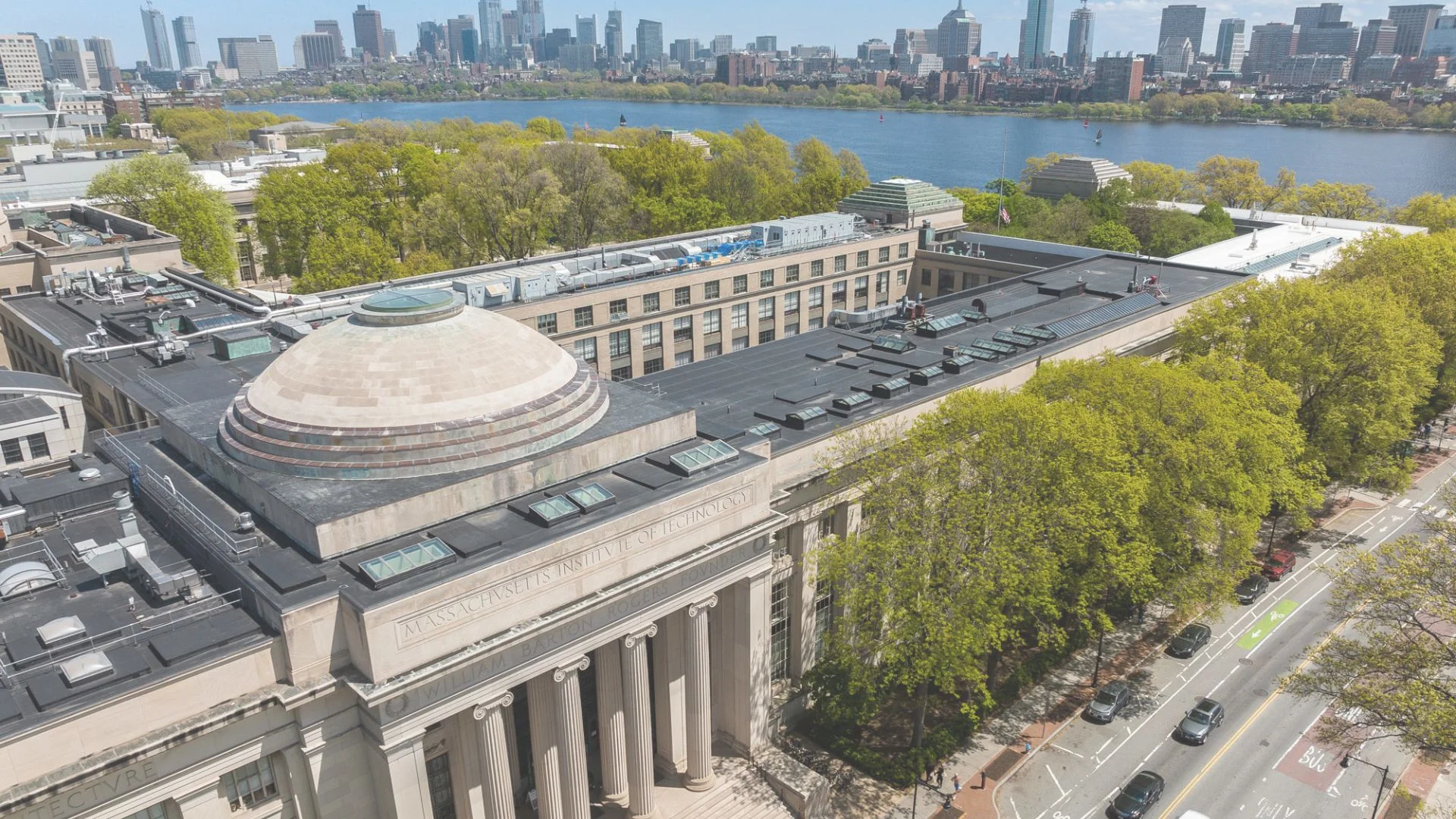
Massachusetts Institute of Technology (MIT) is one of the most prestigious and highly regarded institutions of higher learning in the world. Established in 1861, MIT has consistently been at the forefront of education, research, and innovation. This article delves into the factors that contribute to MIT’s top rankings, its impact on various fields, and what the future holds for this venerable institution.
The Legacy of Excellence
History and Founding
MIT was founded in response to the increasing industrialization of the United States. Its founders sought to create an institution that combined teaching with scientific research. William Barton Rogers, MIT’s founder and first president, envisioned a new kind of independent educational institution relevant to an increasingly industrialized America. The university officially opened its doors in 1865, after the end of the American Civil War.
Core Mission
The core mission of MIT has always been to advance knowledge and educate students in science, technology, and other areas of scholarship that will best serve the nation and the world in the 21st century. The Institute is committed to generating, disseminating, and preserving knowledge, and to working with others to bring this knowledge to bear on the world’s great challenges.
Academic Excellence
Curriculum and Programs
MIT offers a wide range of undergraduate, graduate, and doctoral programs across various fields, including engineering, computer science, business, biology, physics, and more. Its curriculum is designed to provide students with a solid foundation in their chosen field, along with the opportunity to engage in cutting-edge research.
Faculty and Research
One of the cornerstones of MIT’s success is its faculty. The institution boasts a roster of professors who are leaders in their respective fields. Many have received prestigious awards, including Nobel Prizes, Turing Awards, and Fields Medals. MIT’s emphasis on research is evident in its numerous laboratories, research centers, and initiatives that push the boundaries of knowledge and technology.
Innovation and Entrepreneurship
MIT has a long history of fostering innovation and entrepreneurship. The MIT Media Lab, for instance, has been a hub of groundbreaking technological advancements. The Institute also supports startups and new ventures through various programs and resources, including the MIT $100K Entrepreneurship Competition and the Martin Trust Center for MIT Entrepreneurship.
Global Impact
Alumni Achievements
MIT alumni have made significant contributions to society in various fields. From astronauts to Nobel laureates, from tech entrepreneurs to policy makers, MIT graduates are known for their problem-solving skills, creativity, and leadership. Notable alumni include Kofi Annan, former Secretary-General of the United Nations; Buzz Aldrin, Apollo 11 astronaut; and Ilene S. Gordon, CEO of Ingredion.
Research Contributions
MIT’s research contributions have had a profound impact on the world. The Institute has been at the forefront of advancements in artificial intelligence, robotics, biotechnology, and renewable energy. MIT’s research has led to innovations that have transformed industries and improved lives globally.
Collaborations and Partnerships
MIT’s influence extends beyond its campus through its numerous collaborations and partnerships with other institutions, governments, and corporations around the world. These partnerships enhance MIT’s ability to tackle global challenges and drive progress in science, technology, and society.
Rankings and Recognitions
Global University Rankings
MIT consistently ranks among the top universities globally. It has been ranked as the number one university in the world by QS World University Rankings for several years. The Times Higher Education World University Rankings and the Academic Ranking of World Universities (ARWU) also place MIT among the top institutions globally.
Subject-Specific Rankings
MIT excels in various subject-specific rankings. It is often ranked first in fields such as engineering, computer science, and architecture. The Sloan School of Management at MIT is highly regarded in business and management education. MIT’s School of Engineering, in particular, is renowned for its rigorous programs and cutting-edge research.
Factors Contributing to High Rankings
Several factors contribute to MIT’s high rankings. These include its strong emphasis on research and innovation, the quality and impact of its faculty’s work, the success and influence of its alumni, and its global reputation. Additionally, MIT’s ability to attract top-tier students and its extensive resources for both teaching and research play significant roles.
 Future Prospects
Future Prospects
Continuing Innovation
Looking ahead, MIT continues to focus on innovation and addressing the world’s most pressing challenges. The Institute is deeply involved in areas such as climate change, sustainable energy, and advanced computing. With its commitment to interdisciplinary research and collaboration, MIT is well-positioned to continue leading advancements in technology and science.
Expanding Access and Diversity
MIT is also committed to expanding access to its education and increasing diversity within its community. Initiatives aimed at reducing barriers for underrepresented groups and providing financial aid to students from diverse backgrounds are crucial for maintaining a vibrant and inclusive academic environment.
Strategic Goals
MIT’s strategic goals include enhancing its research capabilities, fostering innovation, and maintaining its leadership in education. The Institute aims to continue attracting the best minds, providing them with the resources and environment needed to succeed, and ensuring that its work has a positive impact on society.
Conclusion
MIT’s ranking as one of the top universities in the world is a testament to its enduring commitment to excellence in education, research, and innovation. With a rich history, a legacy of groundbreaking achievements, and a forward-looking approach, MIT remains a leader in higher education. Its influence extends globally through its alumni, research contributions, and collaborations. As MIT continues to push the boundaries of knowledge and tackle the world’s biggest challenges, it solidifies its position as a premier institution for learning and discovery.





